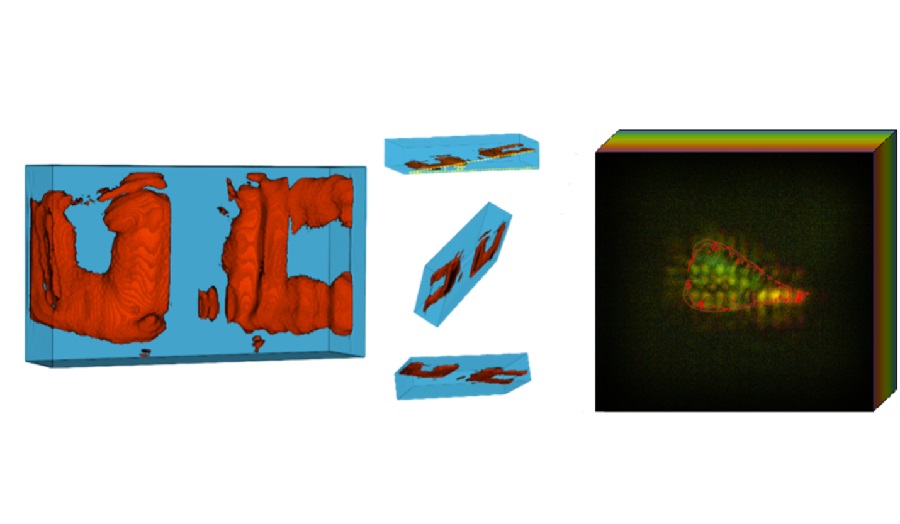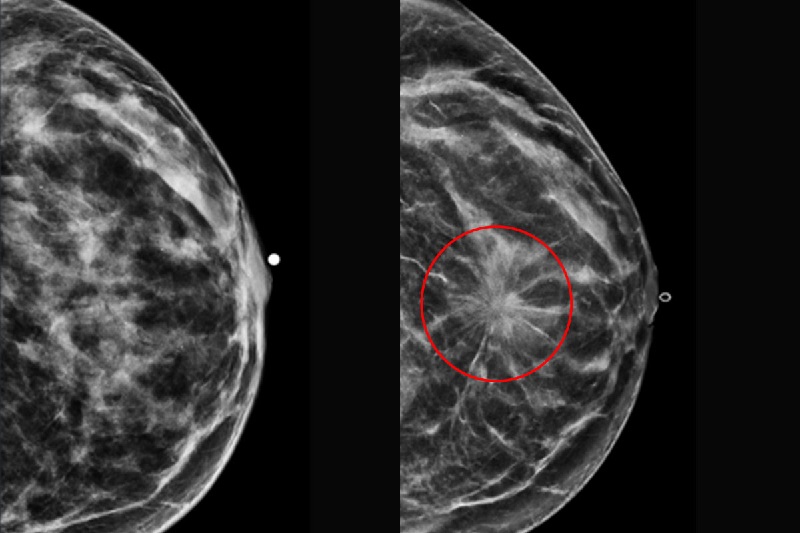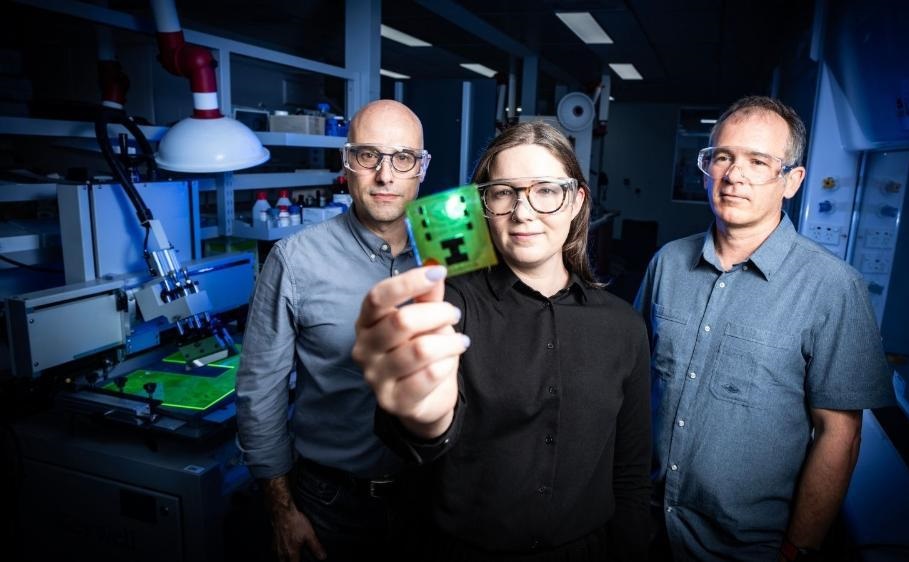AI-Powered Chest X-Ray Detects Pulmonary Nodules Three Years Before Lung Cancer Symptoms
Posted on 14 Oct 2024
Lung cancer has one of the worst survival rates among all cancers, with more than two-thirds of patients diagnosed at an advanced stage, making curative treatment no longer viable. The issue of missed lung cancer cases presents a significant concern for clinicians and poses a major medicolegal challenge, as missed nodules that develop into lung cancer are the third most frequent reason for malpractice claims. Now, a new study has shown that artificial intelligence (AI)--powered chest X-ray interpretation can be used to detect pulmonary nodules which could evolve into early-stage lung cancer long before symptoms emerge. The study, through its interim findings, revealed an average diagnostic delay of nearly three years from the first abnormal chest X-ray.
The study was conducted at the Phrapokklao Hospital’s Cancer Centre of Excellence (Bangkok, Thailand) using the qXR chest X-ray AI solution from Qure.ai (New York, NY, USA). The study retrospectively reviewed and assessed chest X-ray images of newly diagnosed lung cancer patients over a one-year period using qXR. Missed lung cancer cases were identified as those that went undetected in the original report six months prior to a confirmed lung cancer diagnosis. The results showed that 18% of patient cases had missed lung cancer diagnoses, with an average diagnostic delay of nearly three years (32.3 months), ranging from a maximum of over eight years (96 months) to a minimum of eight months. Half of these cases were 'incidentally detected,' as the chest X-rays were taken for non-respiratory symptoms during routine health check-ups.
 (1).jpg)
"In most Thai government hospitals, chest X-rays are interpreted by non-radiologists. However, in community hospitals, there are often no radiologists available to read chest X-rays at all. By overlaying specialist AI to read all cases, we can support clinicians in detecting incidental high-risk nodules that may lead to lung cancer,” said Dr. Passakorn Wanchaijiraboon, Medical Oncologist and Deputy Director at Phrapokklao Hospital’s Cancer Centre of Excellence, who led the study. “This approach can streamline decision-making and potentially improve patient survival through the earlier diagnosis of cancer. The implementation of CXR AI is particularly beneficial in the context of community hospitals, where it can significantly enhance diagnostic capabilities in the absence of on-site radiologists.”
"This is an exciting evidence example that underscores the transformative potential of AI in the fight against lung cancer,” added Bhargava Reddy, Chief Business Officer, Oncology at Qure.ai. "Overlaying AI on chest X-rays casts the net wider by proactively triaging patients for the risk of lung cancer. It goes beyond people with symptoms or qualifying for screening initiatives based on age or smoking history, to currently invisible and unprofiled patient populations thus detecting lung cancers earlier.”
Related Links:
Qure.ai
Phrapokklao Hospital’s Cancer Centre of Excellence














